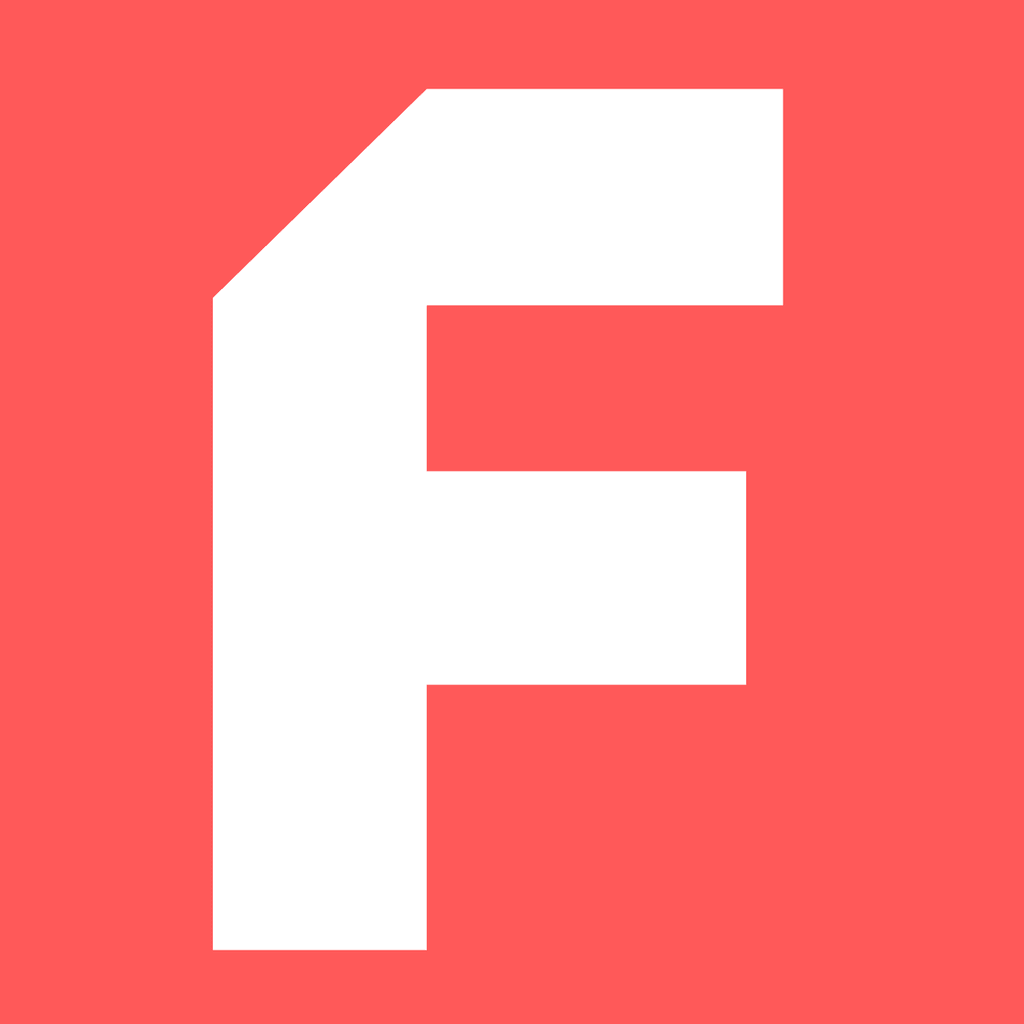8 Best Programming Languages To Build Your Next SaaS Project
8 Best Programming Languages To Build Your Next SaaS Project



Introduction
Introduction
When you’re building a SaaS product, the programming language you choose can make or break your project. From development costs to scalability, security, and performance, it’s crucial to pick the right tool for the job. But with so many languages out there, it can feel like you're standing in front of a massive wall of options.
Don’t worry, I’ve got your back. In this article, I’ll walk you through the top programming languages for SaaS development. I’ll cover their strengths, weaknesses, and how they stack up when it comes to building scalable SaaS applications that handle real-time requests, server-side processes, and complex data security concerns.
Whether you’re building your SaaS app from scratch or just looking to fine-tune your choice, this guide will help you decide which programming language fits your project requirements best.
When you’re building a SaaS product, the programming language you choose can make or break your project. From development costs to scalability, security, and performance, it’s crucial to pick the right tool for the job. But with so many languages out there, it can feel like you're standing in front of a massive wall of options.
Don’t worry, I’ve got your back. In this article, I’ll walk you through the top programming languages for SaaS development. I’ll cover their strengths, weaknesses, and how they stack up when it comes to building scalable SaaS applications that handle real-time requests, server-side processes, and complex data security concerns.
Whether you’re building your SaaS app from scratch or just looking to fine-tune your choice, this guide will help you decide which programming language fits your project requirements best.
Contents
Boost your business visibility to thousands of engaged readers!
Get Featured on 100+ pages across the FounderNoon website.
One month stretch ⇢ $100
Three-month stretch ⇢ $250
Boost your business visibility to thousands of engaged readers!
Get Featured on 100+ pages across the FounderNoon website.
One month stretch ⇢ $100
Three-month stretch ⇢ $250
Contents
1. Ruby on Rails
1. Ruby on Rails
Why Choose Ruby on Rails for SaaS Development?
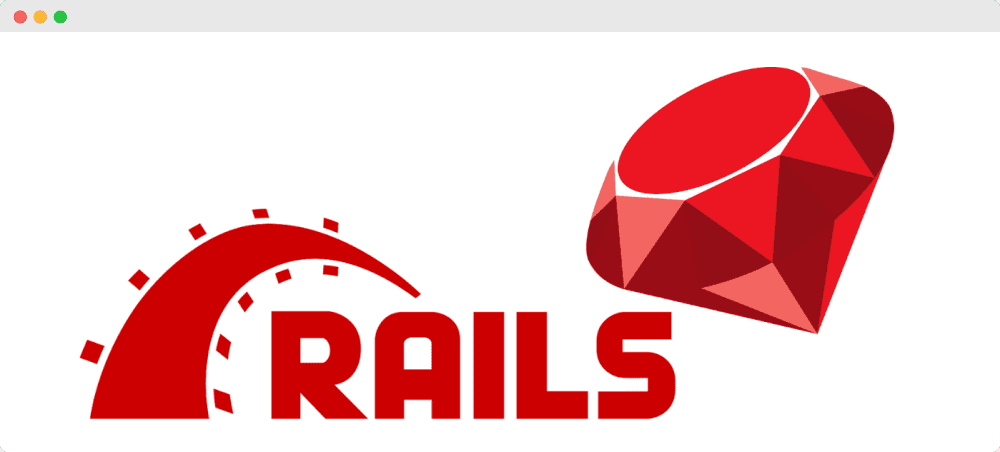
Ruby on Rails (often just called Rails) is a web application framework written in the Ruby programming language. It’s been around for a while and is a favorite among many SaaS startups because it allows rapid development, which means lower development costs and quicker time-to-market.
Strengths of Ruby on Rails for SaaS Development
Fast Development Processes: Ruby on Rails is known for its "convention over configuration" philosophy, which means it comes with a lot of built-in features. This makes it a great choice for backend development in the early stages of building a SaaS app.
Pre-Built Solutions: The Rails ecosystem is huge, with plenty of gems (which are like plugins) for everything from user authentication to payment gateways, helping you avoid reinventing the wheel.
Community and Support: Rails has been around for a long time, and there’s a massive community of developers. That means you’ll have access to tutorials, support, and open-source tools that make the development process much smoother.
When to Consider Ruby on Rails
Ideal for startup SaaS products where speed to market is essential.
Good for projects that don’t require massive scalability in the early stages.
Considerations
Scalability can be a challenge when your app grows. Rails isn’t always the best option for highly traffic-heavy apps.
While development costs are low at first, scaling up might require a lot of optimization work.
Why Choose Ruby on Rails for SaaS Development?

Ruby on Rails (often just called Rails) is a web application framework written in the Ruby programming language. It’s been around for a while and is a favorite among many SaaS startups because it allows rapid development, which means lower development costs and quicker time-to-market.
Strengths of Ruby on Rails for SaaS Development
Fast Development Processes: Ruby on Rails is known for its "convention over configuration" philosophy, which means it comes with a lot of built-in features. This makes it a great choice for backend development in the early stages of building a SaaS app.
Pre-Built Solutions: The Rails ecosystem is huge, with plenty of gems (which are like plugins) for everything from user authentication to payment gateways, helping you avoid reinventing the wheel.
Community and Support: Rails has been around for a long time, and there’s a massive community of developers. That means you’ll have access to tutorials, support, and open-source tools that make the development process much smoother.
When to Consider Ruby on Rails
Ideal for startup SaaS products where speed to market is essential.
Good for projects that don’t require massive scalability in the early stages.
Considerations
Scalability can be a challenge when your app grows. Rails isn’t always the best option for highly traffic-heavy apps.
While development costs are low at first, scaling up might require a lot of optimization work.
2. JavaScript (Node.js)
2. JavaScript (Node.js)
Why Choose JavaScript (Node.js)?
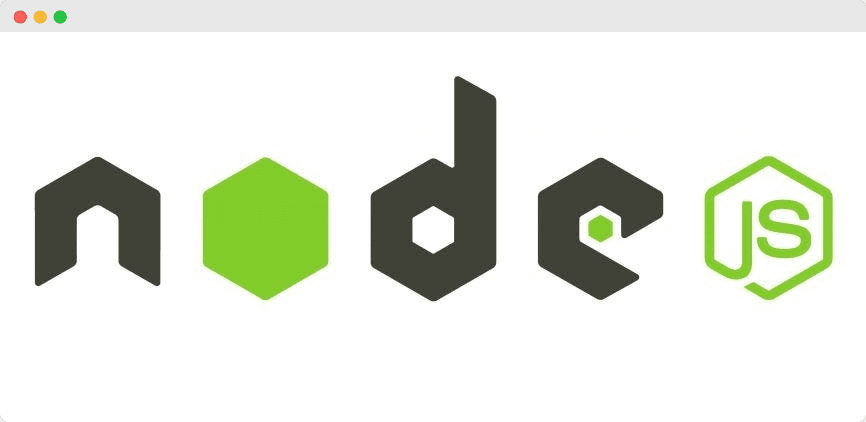
JavaScript is the language of the web, but when paired with Node.js for server-side development, it becomes a powerhouse for building full-stack applications. This makes it an excellent choice for scalable SaaS applications that need to handle both frontend and backend seamlessly.
Strengths of JavaScript for SaaS Development
Full-Stack Development: JavaScript allows you to use the same language for both the frontend and backend, which reduces complexity and makes for a more cohesive development experience.
Real-Time Capabilities: Node.js shines when it comes to building real-time features, like live chats, notifications, or any system that requires instant data updates.
Cloud Computing Support: JavaScript (and Node.js) integrate well with cloud platforms like Amazon Web Services (AWS). This is huge if you're planning to deploy your SaaS app on the cloud.
Cost-Effective: JavaScript is one of the most popular languages, which means there’s no shortage of developers. The large pool of developers makes hiring easier and more affordable.
When to Consider JavaScript
Great for applications that require real-time interactions, such as communication tools or collaborative platforms.
If you want to build both frontend and backend with a unified tech stack.
Considerations
Data security can be more challenging with JavaScript if you're not careful. It’s easy to overlook some security features in real-time applications, so make sure to implement proper backend development practices.
Why Choose JavaScript (Node.js)?

JavaScript is the language of the web, but when paired with Node.js for server-side development, it becomes a powerhouse for building full-stack applications. This makes it an excellent choice for scalable SaaS applications that need to handle both frontend and backend seamlessly.
Strengths of JavaScript for SaaS Development
Full-Stack Development: JavaScript allows you to use the same language for both the frontend and backend, which reduces complexity and makes for a more cohesive development experience.
Real-Time Capabilities: Node.js shines when it comes to building real-time features, like live chats, notifications, or any system that requires instant data updates.
Cloud Computing Support: JavaScript (and Node.js) integrate well with cloud platforms like Amazon Web Services (AWS). This is huge if you're planning to deploy your SaaS app on the cloud.
Cost-Effective: JavaScript is one of the most popular languages, which means there’s no shortage of developers. The large pool of developers makes hiring easier and more affordable.
When to Consider JavaScript
Great for applications that require real-time interactions, such as communication tools or collaborative platforms.
If you want to build both frontend and backend with a unified tech stack.
Considerations
Data security can be more challenging with JavaScript if you're not careful. It’s easy to overlook some security features in real-time applications, so make sure to implement proper backend development practices.
3. Python
3. Python
Why Choose Python for SaaS Development?
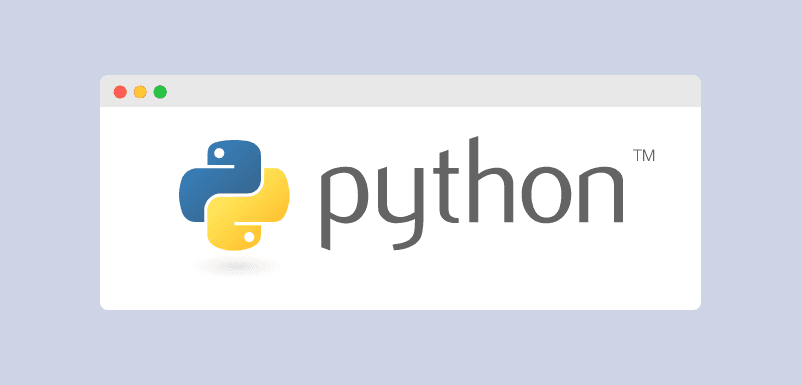
Python is a general-purpose language, but it’s become a favorite among SaaS developers due to its simplicity, versatility, and strong support for scientific and data-driven applications.
Strengths of Python for SaaS Development
Fast Development: Python’s syntax is easy to understand, making development faster and more accessible to beginners.
Data Security: Python has excellent support for libraries and frameworks that allow you to easily implement security features for your SaaS product.
Scalability: Although Python isn’t as fast as some other languages, it’s still capable of handling large-scale SaaS applications, especially when combined with frameworks like Django.
Integrates Well with Cloud Computing: Python works well with cloud platforms like AWS, making it a solid option for cloud computing-based SaaS products.
When to Consider Python
When your application will rely heavily on data processing, analysis, or machine learning.
If you’re building a SaaS product that requires security and scalability.
Considerations
While Python is great for building reliable and secure backend development, it may not be as performant for applications with high traffic demands.
Why Choose Python for SaaS Development?

Python is a general-purpose language, but it’s become a favorite among SaaS developers due to its simplicity, versatility, and strong support for scientific and data-driven applications.
Strengths of Python for SaaS Development
Fast Development: Python’s syntax is easy to understand, making development faster and more accessible to beginners.
Data Security: Python has excellent support for libraries and frameworks that allow you to easily implement security features for your SaaS product.
Scalability: Although Python isn’t as fast as some other languages, it’s still capable of handling large-scale SaaS applications, especially when combined with frameworks like Django.
Integrates Well with Cloud Computing: Python works well with cloud platforms like AWS, making it a solid option for cloud computing-based SaaS products.
When to Consider Python
When your application will rely heavily on data processing, analysis, or machine learning.
If you’re building a SaaS product that requires security and scalability.
Considerations
While Python is great for building reliable and secure backend development, it may not be as performant for applications with high traffic demands.
4. Java
4. Java
Why Choose Java for SaaS Development?
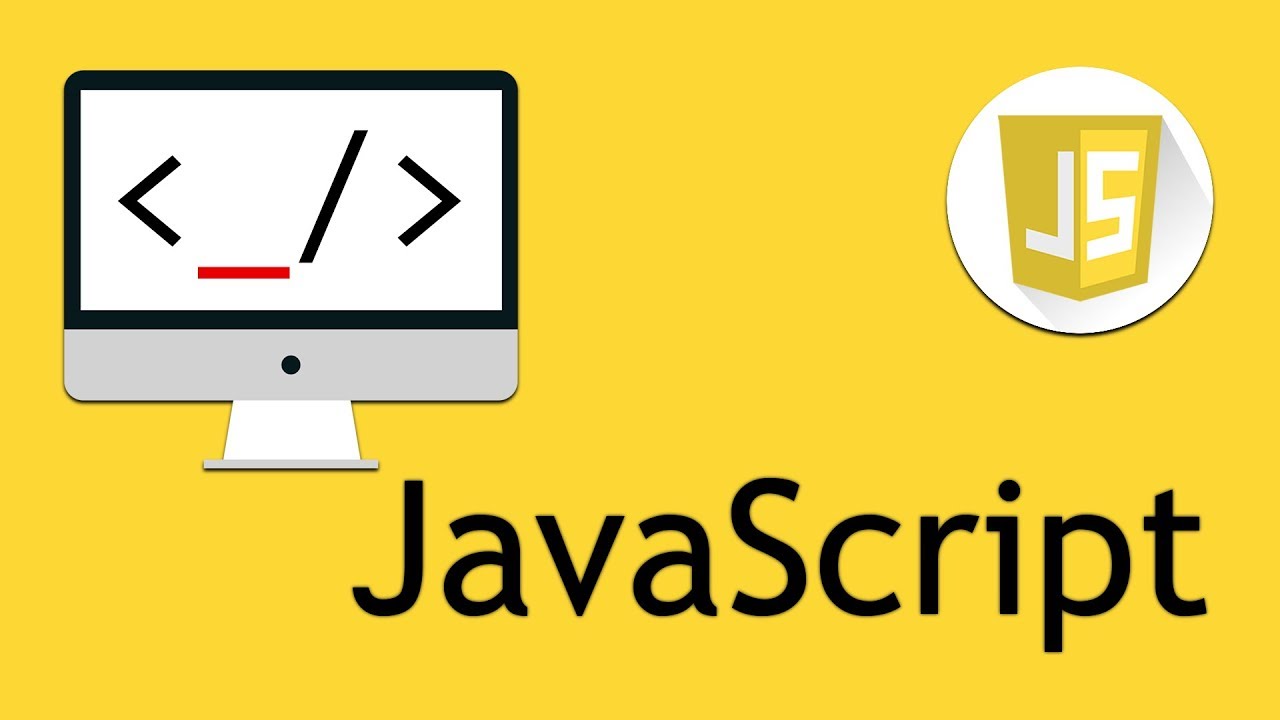
Java is one of the oldest programming languages and remains a solid choice for large-scale SaaS applications due to its reliability and performance. It’s used by enterprises all over the world for mission-critical applications.
Strengths of Java for SaaS Development
Performance: Java is fast and efficient, making it a go-to language for scalable SaaS applications. It’s designed to handle high levels of traffic and large amounts of data.
Security: Java provides robust built-in security features, which makes it a strong choice for applications dealing with sensitive user data.
Enterprise-Level Scalability: Java can easily scale with your SaaS product as your user base grows, making it ideal for large, complex SaaS products.
When to Consider Java
When you need enterprise-grade security and scalability for your SaaS product.
If your application needs to handle large-scale transactions or has complex requirements.
Considerations
Development costs can be higher due to the language’s complexity and larger codebases.
Development processes are more involved compared to more lightweight languages like Ruby or Python.
Why Choose Java for SaaS Development?

Java is one of the oldest programming languages and remains a solid choice for large-scale SaaS applications due to its reliability and performance. It’s used by enterprises all over the world for mission-critical applications.
Strengths of Java for SaaS Development
Performance: Java is fast and efficient, making it a go-to language for scalable SaaS applications. It’s designed to handle high levels of traffic and large amounts of data.
Security: Java provides robust built-in security features, which makes it a strong choice for applications dealing with sensitive user data.
Enterprise-Level Scalability: Java can easily scale with your SaaS product as your user base grows, making it ideal for large, complex SaaS products.
When to Consider Java
When you need enterprise-grade security and scalability for your SaaS product.
If your application needs to handle large-scale transactions or has complex requirements.
Considerations
Development costs can be higher due to the language’s complexity and larger codebases.
Development processes are more involved compared to more lightweight languages like Ruby or Python.

















2,678+ people enjoy it
➤ Every week, we dig up stories of how regular people started and grew their businesses—
➤ Plus the marketing hacks that won them customers.
➤ Then, we share those insights with you.
➤ Every week, we dig up stories of how regular people started and grew their businesses—
➤ Plus the marketing hacks that won them customers.
➤ Then, we share those insights with you.
5. Go (Golang)
5. Go (Golang)
Why Choose Go (Golang)?
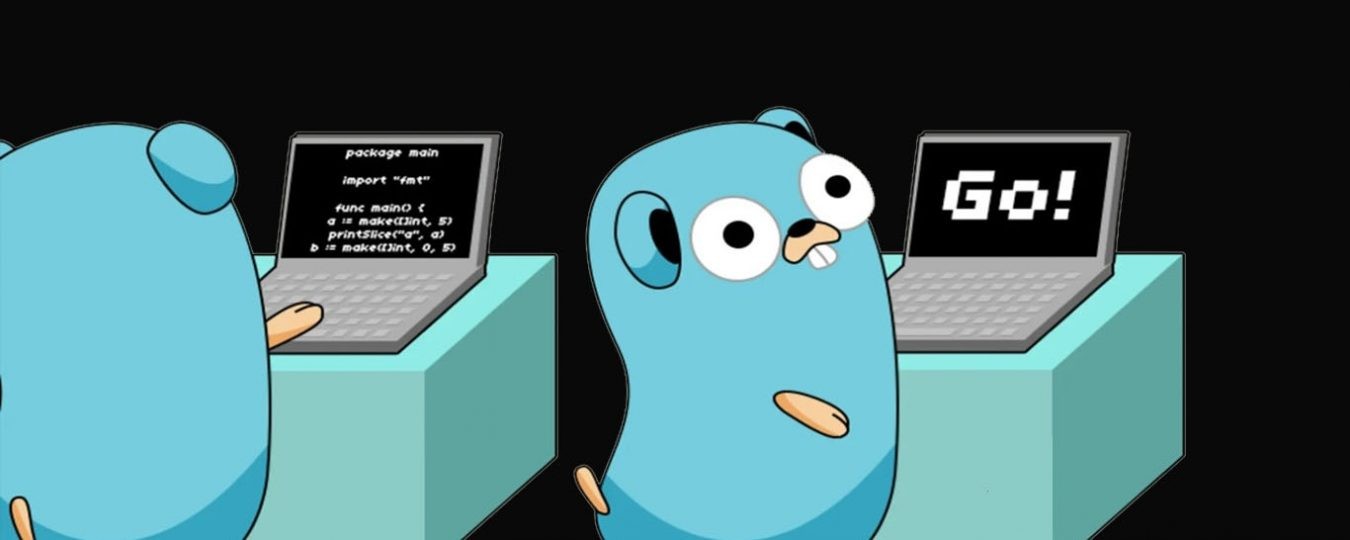
Go (also known as Golang) is known for its simplicity, speed, and efficiency. It’s a newer programming language compared to others on this list, but it’s quickly becoming a favorite for building high-performance SaaS apps.
Strengths of Go (Golang) for SaaS Development
Fast and Scalable: Go is designed to be lightweight and fast, making it ideal for real-time applications and backend development that require high concurrency and efficiency.
Cloud Computing Friendly: Go works seamlessly with cloud platforms like AWS, which is a huge plus if you’re building a SaaS product in the cloud.
Simple Syntax: Go has a minimalistic syntax, which means there’s less boilerplate code to write, making the development process faster.
When to Consider Go
If you’re building a SaaS app that requires high performance and low latency.
Great for building applications that handle a lot of concurrent users.
Considerations
Go doesn’t have as extensive a library ecosystem as some other languages, so you may have to build more custom solutions.
Why Choose Go (Golang)?

Go (also known as Golang) is known for its simplicity, speed, and efficiency. It’s a newer programming language compared to others on this list, but it’s quickly becoming a favorite for building high-performance SaaS apps.
Strengths of Go (Golang) for SaaS Development
Fast and Scalable: Go is designed to be lightweight and fast, making it ideal for real-time applications and backend development that require high concurrency and efficiency.
Cloud Computing Friendly: Go works seamlessly with cloud platforms like AWS, which is a huge plus if you’re building a SaaS product in the cloud.
Simple Syntax: Go has a minimalistic syntax, which means there’s less boilerplate code to write, making the development process faster.
When to Consider Go
If you’re building a SaaS app that requires high performance and low latency.
Great for building applications that handle a lot of concurrent users.
Considerations
Go doesn’t have as extensive a library ecosystem as some other languages, so you may have to build more custom solutions.
6. PHP
6. PHP
Why Choose PHP for SaaS Development?
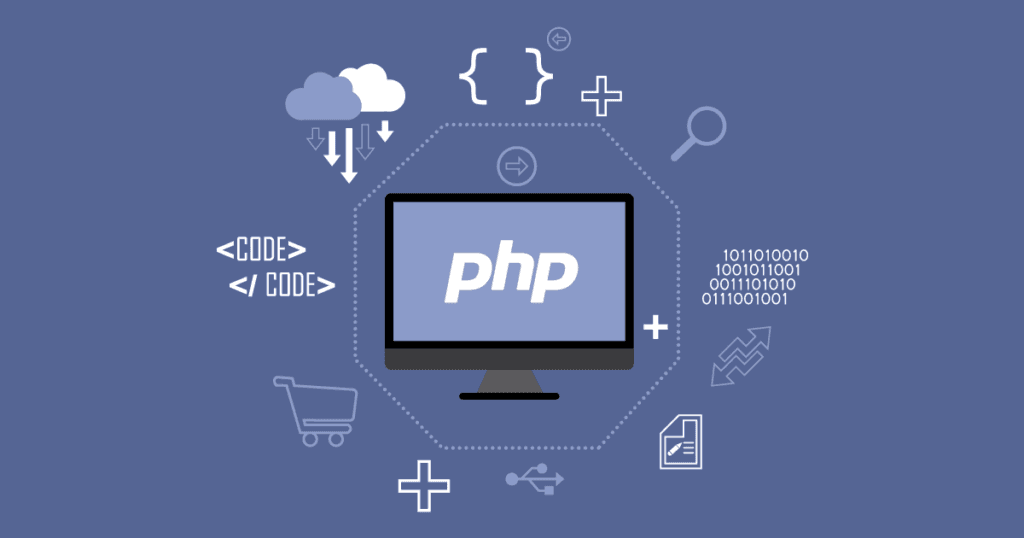
PHP is one of the oldest languages for web development and remains a popular choice for building SaaS applications, especially when you want to get things up and running quickly.
Strengths of PHP for SaaS Development
Fast Prototyping: PHP is great for building web applications quickly, and its ecosystem of tools makes it easy to integrate with different platforms.
Cost-Effective: PHP is very cost-effective, especially if you’re working with a limited budget or need to scale quickly without huge initial investments.
Large Developer Pool: There are plenty of PHP developers available, which means development costs are usually lower than more specialized languages.
When to Consider PHP
Ideal for startup SaaS apps with limited budgets that need to be built quickly.
Good choice for applications that don’t need advanced real-time features or large-scale traffic handling at the outset.
Considerations
PHP doesn’t always provide the best performance for high-traffic SaaS applications and could require optimization for large-scale use.
Why Choose PHP for SaaS Development?

PHP is one of the oldest languages for web development and remains a popular choice for building SaaS applications, especially when you want to get things up and running quickly.
Strengths of PHP for SaaS Development
Fast Prototyping: PHP is great for building web applications quickly, and its ecosystem of tools makes it easy to integrate with different platforms.
Cost-Effective: PHP is very cost-effective, especially if you’re working with a limited budget or need to scale quickly without huge initial investments.
Large Developer Pool: There are plenty of PHP developers available, which means development costs are usually lower than more specialized languages.
When to Consider PHP
Ideal for startup SaaS apps with limited budgets that need to be built quickly.
Good choice for applications that don’t need advanced real-time features or large-scale traffic handling at the outset.
Considerations
PHP doesn’t always provide the best performance for high-traffic SaaS applications and could require optimization for large-scale use.
7. TypeScript
7. TypeScript
Why Choose TypeScript for SaaS Development?
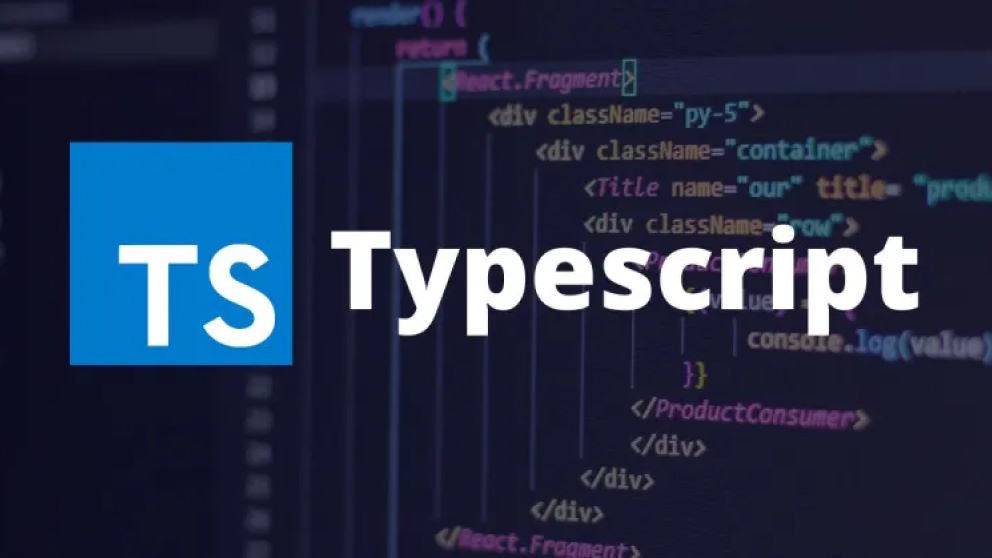
TypeScript is a statically typed superset of JavaScript, which means it adds some extra features while still running on JavaScript. It’s gaining popularity in SaaS development because of its strong typing system and excellent tooling.
Strengths of TypeScript for SaaS Development
Strong Typing: TypeScript’s type system helps catch errors at compile time, making it more reliable for larger, more complex applications.
Full-Stack Development: Like JavaScript, TypeScript can be used for both frontend and backend development, which allows for a unified tech stack.
Works Well with Cloud Computing: TypeScript integrates well with cloud platforms like AWS, making it a strong choice for cloud-based SaaS applications.
When to Consider TypeScript
Ideal for building large-scale web applications that need clear, maintainable code and easy collaboration between frontend and backend teams.
Great for applications with complex data security requirements and real-time features, where stability is key.
Considerations
TypeScript has a steeper learning curve compared to plain JavaScript, so it might take a bit longer to get started.
As with JavaScript, data security can be tricky, so it's essential to follow best practices in both frontend and backend development.
Why Choose TypeScript for SaaS Development?

TypeScript is a statically typed superset of JavaScript, which means it adds some extra features while still running on JavaScript. It’s gaining popularity in SaaS development because of its strong typing system and excellent tooling.
Strengths of TypeScript for SaaS Development
Strong Typing: TypeScript’s type system helps catch errors at compile time, making it more reliable for larger, more complex applications.
Full-Stack Development: Like JavaScript, TypeScript can be used for both frontend and backend development, which allows for a unified tech stack.
Works Well with Cloud Computing: TypeScript integrates well with cloud platforms like AWS, making it a strong choice for cloud-based SaaS applications.
When to Consider TypeScript
Ideal for building large-scale web applications that need clear, maintainable code and easy collaboration between frontend and backend teams.
Great for applications with complex data security requirements and real-time features, where stability is key.
Considerations
TypeScript has a steeper learning curve compared to plain JavaScript, so it might take a bit longer to get started.
As with JavaScript, data security can be tricky, so it's essential to follow best practices in both frontend and backend development.
8. Elixir
8. Elixir
Why Choose Elixir for SaaS Development?
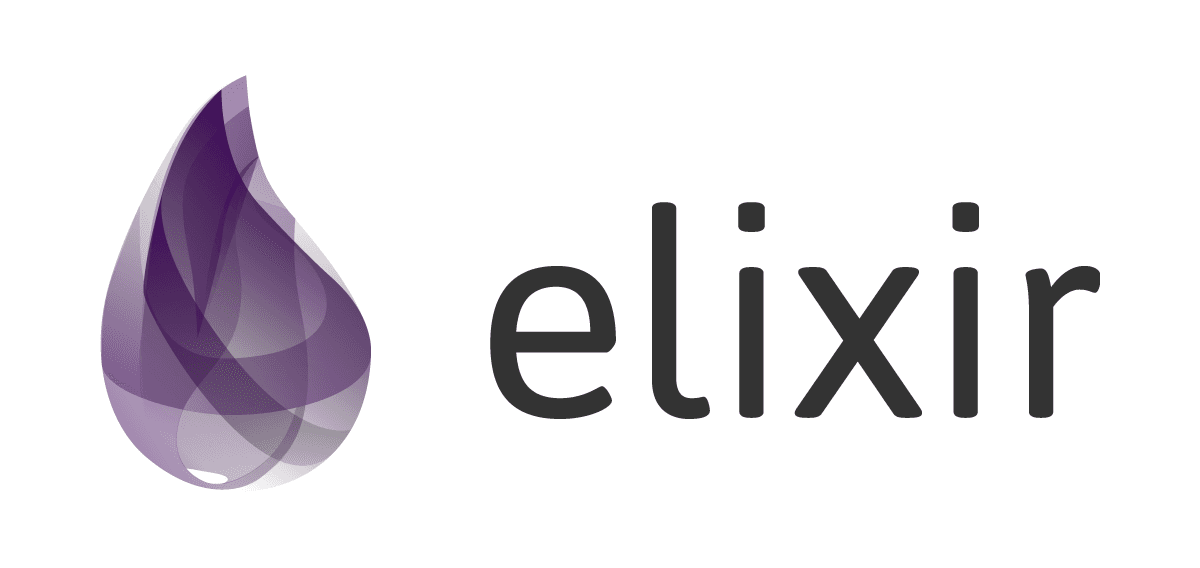
Elixir is a relatively newer language built on the Erlang VM (known for its reliability and concurrency), making it ideal for highly concurrent, distributed systems. If you're building a SaaS app that requires real-time processing, heavy concurrency, and high availability, Elixir is an excellent choice.
Strengths of Elixir for SaaS Development
Concurrency and Scalability: Elixir's ability to handle a large number of concurrent processes is unmatched, making it perfect for real-time applications like messaging systems, notifications, and collaborative platforms.
Fault Tolerance: The Erlang VM, which Elixir runs on, was built for telecom systems that require high availability. This means your SaaS product will benefit from built-in data security and reliability, ensuring minimal downtime even during traffic spikes.
Distributed Systems: Elixir is great for building distributed systems and is a top choice for applications that need to scale horizontally. This is especially important if your SaaS product expects to grow rapidly or handle millions of users.
Excellent Performance: Elixir can handle many requests simultaneously without slowing down, making it a great choice for highly interactive, performance-driven applications.
When to Consider Elixir
If you are building a SaaS app with high concurrency requirements, like real-time chat, collaborative tools, or live updates.
When you need to build a scalable SaaS application that can easily scale horizontally to handle more users as your product grows.
Considerations
Learning curve: Elixir is less commonly used, so there might be a steeper learning curve for developers who are new to the language.
Smaller community: While Elixir has a passionate and growing community, it’s still relatively smaller than more established languages like JavaScript or Ruby. This might limit the availability of tutorials or support when compared to other options.
Why Choose Elixir for SaaS Development?

Elixir is a relatively newer language built on the Erlang VM (known for its reliability and concurrency), making it ideal for highly concurrent, distributed systems. If you're building a SaaS app that requires real-time processing, heavy concurrency, and high availability, Elixir is an excellent choice.
Strengths of Elixir for SaaS Development
Concurrency and Scalability: Elixir's ability to handle a large number of concurrent processes is unmatched, making it perfect for real-time applications like messaging systems, notifications, and collaborative platforms.
Fault Tolerance: The Erlang VM, which Elixir runs on, was built for telecom systems that require high availability. This means your SaaS product will benefit from built-in data security and reliability, ensuring minimal downtime even during traffic spikes.
Distributed Systems: Elixir is great for building distributed systems and is a top choice for applications that need to scale horizontally. This is especially important if your SaaS product expects to grow rapidly or handle millions of users.
Excellent Performance: Elixir can handle many requests simultaneously without slowing down, making it a great choice for highly interactive, performance-driven applications.
When to Consider Elixir
If you are building a SaaS app with high concurrency requirements, like real-time chat, collaborative tools, or live updates.
When you need to build a scalable SaaS application that can easily scale horizontally to handle more users as your product grows.
Considerations
Learning curve: Elixir is less commonly used, so there might be a steeper learning curve for developers who are new to the language.
Smaller community: While Elixir has a passionate and growing community, it’s still relatively smaller than more established languages like JavaScript or Ruby. This might limit the availability of tutorials or support when compared to other options.
Conclusion
Conclusion
When it comes to building your SaaS product, the right programming language depends on several factors, including development costs, project requirements, scalability, and your team’s expertise.
Here’s a quick recap:
Ruby on Rails: Great for rapid development, perfect for startups looking to move fast and test out their ideas.
JavaScript (Node.js): Ideal for real-time features and full-stack development.
Python: Best for data-driven apps and backend development with a focus on security.
Java: Perfect for large-scale, enterprise-level SaaS applications that require high performance.
Go (Golang): A great choice for performance, scalability, and cloud computing-based SaaS products.
PHP: A cost-effective choice for startups building MVPs or smaller applications.
TypeScript: Best for large, complex web applications where stability and maintainability are top priorities.
Elixir: A good choice for high concurrency requirements, fault tolerance and distributed systems
No matter which programming language you choose, remember that the most important thing is to ensure it aligns with your SaaS app’s goals and project requirements. In the end, a well-built, secure, and scalable application will depend not only on the technology you use but also on the expertise and experience of your development team.
By understanding your business needs and technical constraints, you can choose the right programming language to build a SaaS product that stands out in the market and meets your customers' needs.
When it comes to building your SaaS product, the right programming language depends on several factors, including development costs, project requirements, scalability, and your team’s expertise.
Here’s a quick recap:
Ruby on Rails: Great for rapid development, perfect for startups looking to move fast and test out their ideas.
JavaScript (Node.js): Ideal for real-time features and full-stack development.
Python: Best for data-driven apps and backend development with a focus on security.
Java: Perfect for large-scale, enterprise-level SaaS applications that require high performance.
Go (Golang): A great choice for performance, scalability, and cloud computing-based SaaS products.
PHP: A cost-effective choice for startups building MVPs or smaller applications.
TypeScript: Best for large, complex web applications where stability and maintainability are top priorities.
Elixir: A good choice for high concurrency requirements, fault tolerance and distributed systems
No matter which programming language you choose, remember that the most important thing is to ensure it aligns with your SaaS app’s goals and project requirements. In the end, a well-built, secure, and scalable application will depend not only on the technology you use but also on the expertise and experience of your development team.
By understanding your business needs and technical constraints, you can choose the right programming language to build a SaaS product that stands out in the market and meets your customers' needs.
Like this?
Like this?
Do me a favor and pass this on to a pal or share? It'll take just 20 seconds—this one took me about 8 hours to research and write 🫠
P.S. I’ve got a weekly newsletter where I share stories about founders who have started successful online businesses, growth strategies, and tips to start/grow your own business. I would love for you to join here
Do me a favor and pass this on to a pal or share? It'll take just 20 seconds—this one took me about 8 hours to research and write 🫠
P.S. I’ve got a weekly newsletter where I share stories about founders who have started successful online businesses, growth strategies, and tips to start/grow your own business. I would love for you to join here
